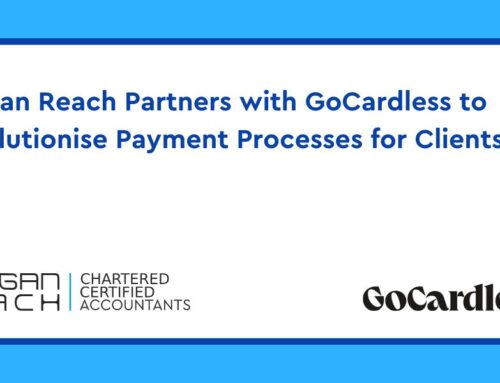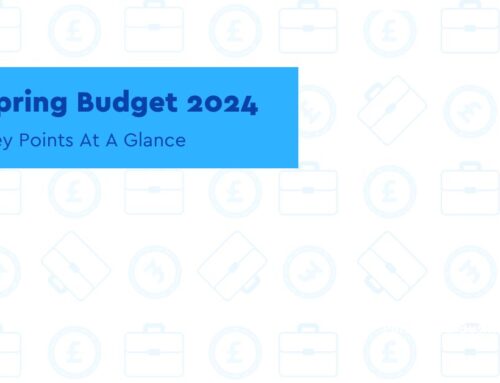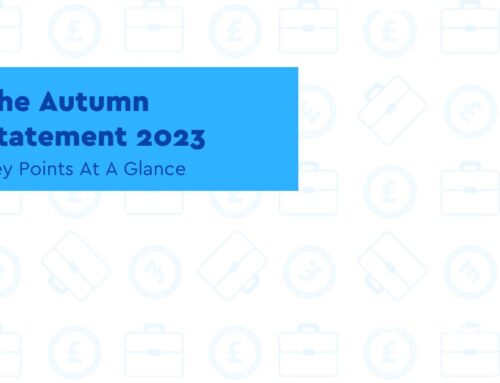What you need to know this week
Our round-up of the key business updates and insights for you
January 29, 2021
Welcome to our weekly wrap. This week we’ve rounded up the latest news and insights, including Self Employed Income Support Scheme updates, VAT rules for the construction sector, payment deferrals, plus, a round up of UK-wide funding and business news.
Self Employed Income Support Scheme – bulletin updates
Final deadline reminder
The third Self-employed Income Support Scheme (SEISS) grant opened for applications on November 30 last year and you must make your claim by today to receive it.
The scheme will continue through to April 2021, while a fourth grant will be offered to cover earnings affected from February to April.
The third SEISS grant covers November to January and is worth 80% of your average monthly trading profits, up to a £7,500 cap.
If your business is being significantly impacted by coronavirus and is suffering from reduced profits, you may be eligible, and although you need to have been eligible for the previous SEISS grants, you don’t need to have actually claimed them.
Similar to the first and second SEISS grants, the third SEISS grant will also be subject to Income Tax and self-employed National Insurance.
Eligibility criteria for next SEISS grant to be in Budget
HM Treasury has confirmed that information about the amount of, and eligibility criteria for, the fourth SEISS grant will be provided at the Spring Budget on March 3.
IPSE calls for support for newly self-employed

Meanwhile, ahead of the fourth round of the Self-Employment Income Support Scheme (SEISS), the Association of Independent Professionals and the Self-Employed (IPSE) has urged the government to look again at support for excluded groups – particularly the newly self-employed.
The original thought process from the Government was that they could not be included because of the risk of fraud with people who had not filed a full annual tax return.
IPSE has said that since most newly self-employed people will have filed their first full annual tax return by the time of the next grant, there is ‘no excuse’ for the government not to include them in the support.
New VAT rules for construction sector from March
New VAT rules are finally due to come into effect this March which will impact on accounting for VAT for transactions in the construction sector.
It means that VAT-registered subcontractors performing qualifying ‘construction operations’ will not charge the main contractor VAT for services rendered. Instead, the main contractor will pay the VAT over to HMRC on its behalf.
The new reverse charge will apply to a wide range of services in the building trade, primarily those activities covered by the construction industry (CIS) payment rules. Note that normal VAT invoices will continue to be issued to domestic customers.
Payment deferrals and credit reports
Borrowers have until March 31 to apply for a payment deferral for mortgages, personal loans, credit cards and other types of consumer credit agreements. A break of up to six months in total can be granted.
After that date, they will be able to extend existing deferrals to July 31, 2021, provided these extensions cover consecutive payments and are subject to the maximum 6 months allowed.
If borrowers who have not yet taken a deferral think they need the full 6 months, they should apply in good time before their February 2021 payment (to cover a full six months of payments, from February to July inclusive).
If the lender and borrower put in place an agreement to repay deferred payments at the end of the payment break, the FCA said it would not expect this arrangement to be reflected on the borrower’s credit file.







